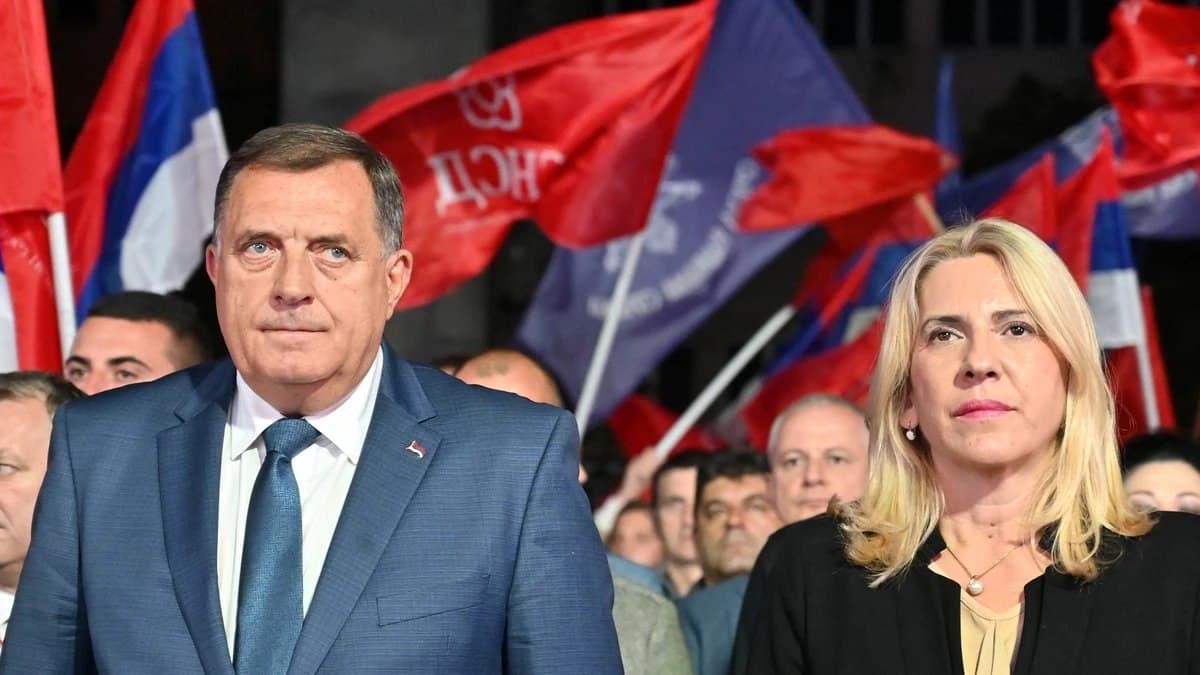Amid escalating tensions in Bosnia, Serbian Presidency member Željka Cvijanović is set to travel to the United States for high-level meetings, while Milorad Dodik, President of the Republic of Srpska, will head to Russia. Both leaders are seeking solutions to the ongoing political crisis that has gripped the region.
The meetings come at a critical time as Bosnia faces significant challenges, including ethnic divisions and governance issues that have threatened stability. Cvijanović"s discussions in the U.S. are expected to focus on diplomatic support and economic aid, while Dodik"s visit to Russia signals a potential alignment with Moscow amidst growing geopolitical tensions.
This crisis is not new; Bosnia has been navigating complex political dynamics since the end of the Bosnian War in the 1990s. Recent developments have intensified calls for international intervention as local leaders struggle to maintain peace and unity. The situation is further complicated by Dodik"s push for greater autonomy for the Republic of Srpska, which has raised alarms among many Bosniaks and Croats.
As these leaders pursue their respective agendas, the outcome of their meetings could significantly impact the region"s future. Observers are closely monitoring both the U.S. and Russian responses, as previous reports indicate that external influences play a pivotal role in Bosnia"s political landscape.


![[Video] Heavy clashes and gunfire reported in Baghdad, Iraq](/_next/image?url=%2Fapi%2Fimage%2Fthumbnails%2Fthumbnail-1768342239932-848qsh-thumbnail.jpg&w=3840&q=75)




![[Video] Gunfire between Iraqi security forces and Sadr militias in Baghdad](/_next/image?url=%2Fapi%2Fimage%2Fthumbnails%2Fthumbnail-1768343508874-4redb-thumbnail.jpg&w=3840&q=75)
